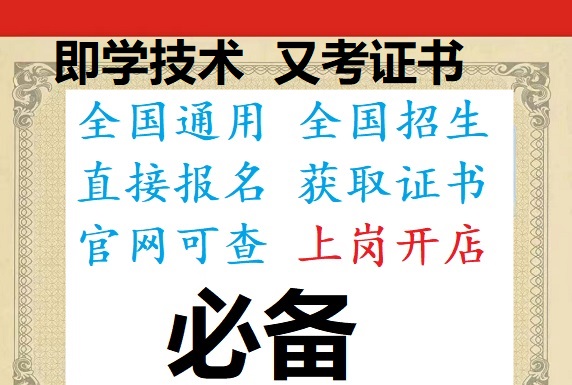
职能范围 of Chinese medicine practitioner certificate
The Chinese medicine practitioner certificate, also known as thelicensed traditional Chinese medicine practitioner (LTCMP) certificate, is a professional qualification obtained by individuals who have completed extensive training in traditional Chinese medicine (TCM) and demonstrated a thorough understanding of its theoretical and practical aspects. This certification serves as a testament to the holder's competence in providing TCM services to patients. The following are the main functions and scope of the Chinese medicine practitioner certificate:
Diagnosis and treatment: The primary function of an LTCMP is to diagnose and treat various health conditions using TCM principles. This includes evaluating patients' symptoms, analyzing their medical history, and interpreting diagnostic tests to determine the underlying cause of their health problems. Based on this information, the practitioner develops a personalized treatment plan that may include herbal remedies, acupuncture, massage, dietary adjustments, and other TCM interventions.
Aid in disease prevention and wellness: LTCMPs can also provide guidance on maintaining good health and preventing illness. They may advise patients on lifestyle modifications, such as exercise, stress management, and nutrition, that can help improve their overall well-being and reduce the risk of chronic diseases.
Counseling and education: In addition to treating physical ailments, LTCMPs play a crucial role in educating their patients about TCM concepts, theories, and practices. They may explain how TCM approaches health issues differently from Western medicine and help patients understand the benefits and limitations of these treatments. They may also offer counseling services to help patients cope with emotional or psychological challenges related to their health conditions.
Collaboration with other healthcare professionals: LTCMPs work closely with other healthcare professionals, such as Western medicine practitioners, nurses, and pharmacists, to ensure optimal patient care. By integrating TCM into their overall treatment plans, LTCMPs can complement the expertise of Western medicine practitioners and provide patients with a comprehensive approach to their health needs.
Licensing and regulation: To maintain the quality and integrity of the TCM profession, regulatory bodies issue licenses to qualified practitioners. These licenses serve as a guarantee that LTCMPs have met specific requirements for education, training, and experience. Licensing regulations also ensure that practitioners adhere to ethical standards and professional conduct when interacting with patients.
Public awareness and promotion: As ambassadors of TCM, LTCMPs play a vital role in promoting the benefits and effectiveness of TCM to the general public. They may participate in public health campaigns, educational programs, and media appearances to raise awareness about TCM and its role in modern healthcare. This helps to foster trust and understanding between Western medicine practitioners and their patients who may be interested in trying TCM as a complementary or alternative therapy.
In summary, the Chinese medicine practitioner certificate encompasses a wide range of functions and responsibilities within the TCM profession. Its primary focus is on providing high-quality TCM services to patients while also educating them about TCM concepts and promoting its benefits within the wider healthcare community.
